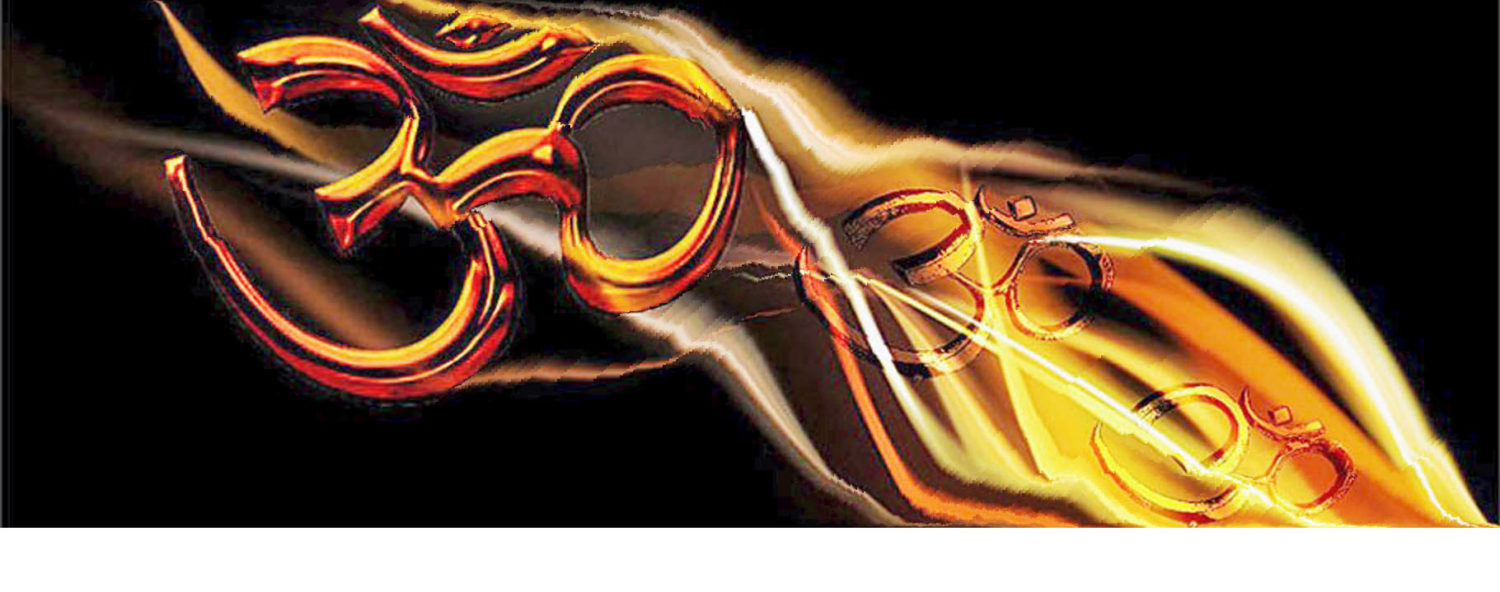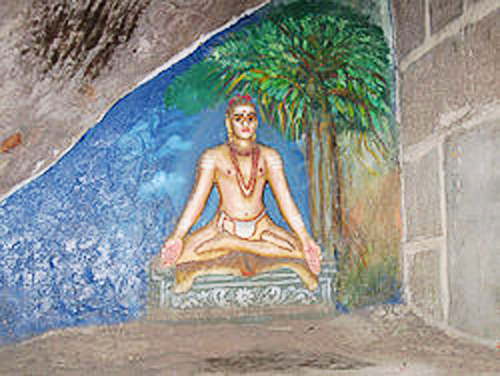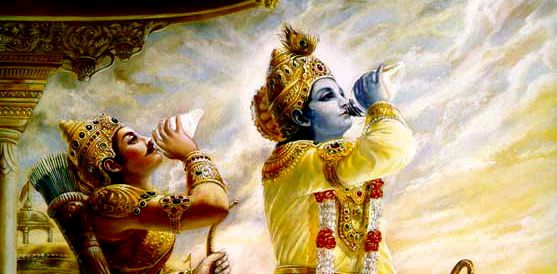Tripura Rahasya – Chapter Two
Tripura Rahasya : The Secret of the Three States of Existence
UNREALITY OF THE WORLD
Sri Ramana Maharshi considered “Tripura Rahasya” as one of the greatest works that expounded Advaita Philosophy. He often quoted from it and regretted that it was not available in English. As a consequence Sri Munagala Venkataramaiah, an ardent devotee of Sri Ramana Maharshi, took up the work of translation in 1936.
1. Just as the great ocean of milk became still when the Mandara Mountain (with which it was churned by the Devas and the Asuras) became still, even so the illusion of samsara comes to an end when the mind is stilled.
2. Samsara rises when the mind becomes active and ceases when it is still. Still the mind, therefore, by controlling the breath and the latent desires (vasanas).
3. This worthless, burnt out samsara is born of one’s imagination and vanishes in the absence of imagination. It is certain that it is absolutely unsubstantial.
4. The idea of a live snake in a picture of a snake ceases to be entertained when the truth is known. Similarly samsara ceases to exist when the Truth is realized, even if it continues to appear.
5. This long-living ghost of a samsara which is the creation of the deluded mind of man and the cause of his sufferings disappears when one ponders over it.
6. Oh Rama, Maya is such that it brings delight through its own destruction ; its nature is inscrutable ; it ceases to exist even while it is being observed.
7. Dear boy, wonderful indeed is this Maya which deludes the entire world. It is on account of it that the. Self is not perceived even though it pervades all the limbs of the body.
8. Whatever is seen does not truly exist. It is like the mythical city of Gandharvas or a mirage.
9. That which is not seen, though within us, is called the eternal and indestructible Self.
10. Just as the trees on the bank of a lake are reflected. in the water, so also all these varied objects are reflected in the vast mirror of our consciousness.
11. This creation, which is a mere play of consciousness, rises up, like the delusion of a snake in a rope, i.e, when there is ignorance, and comes to an end when there is right knowledge.
12. Even though bondage does not really exist, it becomes strong through desire for worldly enjoyments ; when this desire subsides bondage becomes weak.
13. Like waves rising up from the ocean the unstable mind rises out of the vast and stable expanse of the Supreme Self.
14. It is because of that which always, of its own accord, imagines everything quickly and freely, that this magical show of the world is projected in the waking state.
15. This world, though unreal, appears to exist and is the cause of life-long suffering to an ignorant person, just as a non-existent ghost is the cause of fear to a boy.
16. One who has no idea of gold sees only the bracelet. He does not at all have the idea that it is merely gold.
17. Similarly towns, houses, mountains, serpents, etc. are all in the eyes of the ignorant man, separate objects. From the absolute point of view this objective world is the subject the Self itself ; it is not separate from the Self.
18. The world is full of misery to an ignorant man and full of bliss to a wise man. The world is dark to a blind man and bright to one who has eyes.
19. The bliss of a man of discrimination, who has rejected samsara and discarded all mental concepts, constantly increases.
20. Like clouds which suddenly appear in a clear sky and as suddenly dissolve the entire universe appears in the Self and dissolves in it.
21. He who reckons the rays as non-different from the sun and realizes that they are the sun itself is stated to be nirvikalpa the undifferentiating man.
22. Just as the cloth, when investigated, is seen to be nothing but thread, so also this world, when enquired into, is seen to be merely the Self.
23. This fascinating world rises like a wave in the ambrosial ocean of consciousness and dissolves in it. How then can it be different from it, i.e. consciousness, in the middle, i.e. when it appears ?
24. Just as the foam, the waves, the dew and the bubbles are not different from water, even so this world which has come out of the Self is not different from the Self.
25. Just as a tree consisting of fruits, leaves, creepers, flowers, branches, twigs and roots, exists in the seed of the tree, even so this manifest world exists in Brahman.
26. Just as the pot ultimately goes back to mud, waves into water and ornaments into gold, so also this world which has come out of the Self ultimately goes back to the Self.
27. The snake appears when one does not recognize the rope; it disappears when one recognizes the rope. Even so this world appears when the Self is not recognized ; it disappears when the Self is recognized.
28. It is only our forgetfulness of the invisible Self which causes the world to appear just as the ignorance of the rope causes the snake to appear.
29. Just as the dream becomes unreal in the waking state and the waking state in the dream, so also death becomes unreal in birth and birth in death.
30. All these are thus neither real nor unreal. They are the effect of delusion, mere impression arising out of some past experiences.
Thus ends the Second Chapter in Sri Tripura Rahasya.










